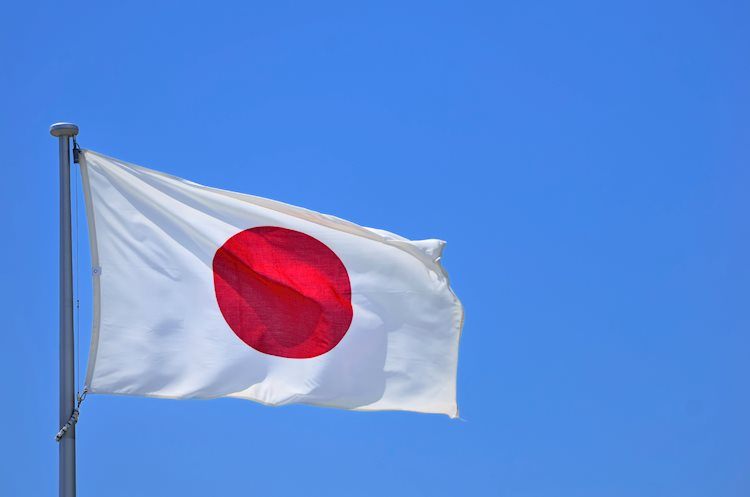Products You May Like
Atsushi Mimura, Japan’s Vice Finance Minister For International Affairs and top foreign exchange official, on Friday, warned against speculative moves on the foreign exchange (FX) market, adding that he will take appropriate action against excessive forex moves.
Key quotes
Am gravely concerned about forex moves.
Will take appropriate action against excessive forex moves.
Alarmed, including over speculative moves.
Believe it is not appropriate for me to comment further on forex.
Won’t comment on BOJ’s communication given its independence.
Market reaction
At the time of press, the USD/JPY pair was down 0.13% on the day at 157.12
RBI FAQs
The role of the Reserve Bank of India (RBI), in its own words, is “..to maintain price stability while keeping in mind the objective of growth.” This involves maintaining the inflation rate at a stable 4% level primarily using the tool of interest rates. The RBI also maintains the exchange rate at a level that will not cause excess volatility and problems for exporters and importers, since India’s economy is heavily reliant on foreign trade, especially Oil.
The RBI formally meets at six bi-monthly meetings a year to discuss its monetary policy and, if necessary, adjust interest rates. When inflation is too high (above its 4% target), the RBI will normally raise interest rates to deter borrowing and spending, which can support the Rupee (INR). If inflation falls too far below target, the RBI might cut rates to encourage more lending, which can be negative for INR.
Due to the importance of trade to the economy, the Reserve Bank of India (RBI) actively intervenes in FX markets to maintain the exchange rate within a limited range. It does this to ensure Indian importers and exporters are not exposed to unnecessary currency risk during periods of FX volatility. The RBI buys and sells Rupees in the spot market at key levels, and uses derivatives to hedge its positions.
